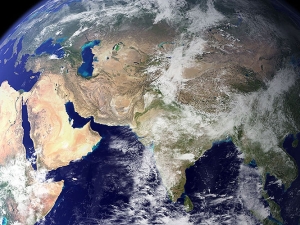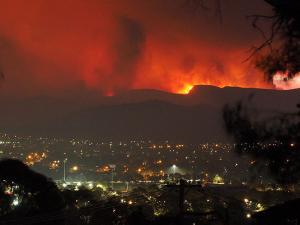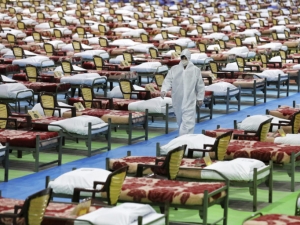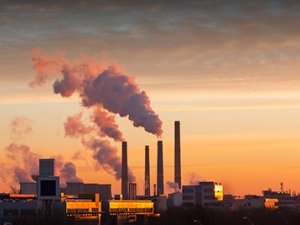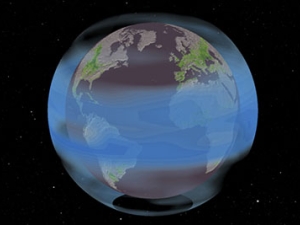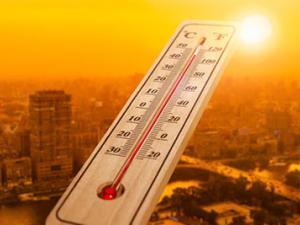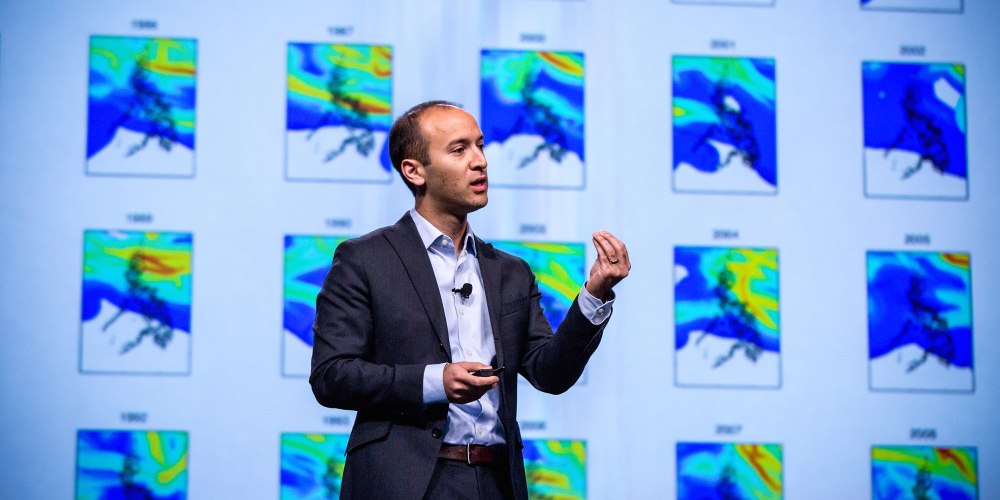

Research Expertise and Interest
agriculture, climate change, environment, International, Coupled Natural and Human Systems, political economy, development economics, applied econometrics
Research Description
Solomon Hsiang directs the Global Policy Laboratory at Berkeley, where his team is integrating econometrics, spatial data science, and machine learning to answer questions that are central to rationally managing planetary resources--such as the economic value of the global climate, how the UN can fight wildlife poaching, the effectiveness of COVID-19 policies, and whether satellites and AI can be combined to monitor the entire planet in real time.
Hsiang earned a BS in Earth, Atmospheric and Planetary Science and a BS in Urban Studies and Planning from the Massachusetts Institute of Technology, and he received a PhD in Sustainable Development from Columbia University. He was a Post-Doctoral Fellow in Applied Econometrics at the National Bureau of Economic Research (NBER) and a Post-Doctoral Fellow in Science, Technology and Environmental Policy at Princeton University.
Hsiang is currently the Chancellor's Professor of Public Policy at the University of California, Berkeley, a Co-Director at the Climate Impact Lab, Research Associate at the NBER, a National Geographic Explorer, and an Andrew Carnegie Fellow. Hsiang's research has been covered in thousands of media stories and in 2020 he was awarded the President's Medal by the Geological Society of America.



